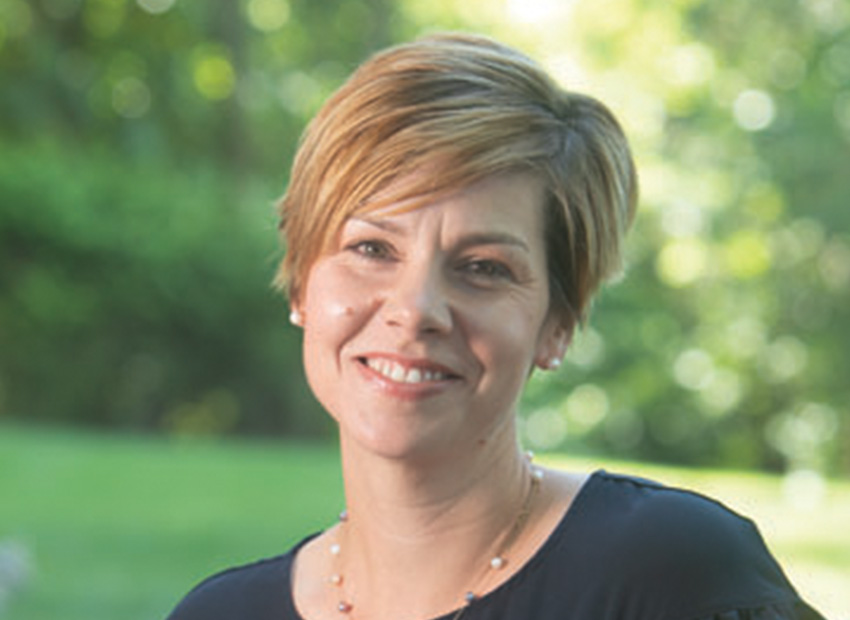The Do’s and Don’ts of Business School Admissions
I spent seven years as an admissions officer at Babson College, a business school ranked #1 in entrepreneurship for the last 24 years. It’s an amazing place, but when I started working there I honestly didn’t understand the world of business, much less entrepreneurship. It was 2004, five years before the first episode of Shark Tank aired, and the idea of creating a product or service and a business model around it wasn’t quite mainstream. But my time at Babson introduced me to the amazing opportunity these students were given to create their own path. Additionally my eyes were opened to just how broad and varied the study of business can be. There’s no “perfect” business student; our applicant pool was just as unique and diverse as many other colleges and universities. However, many of our best applicants did have a few things in common. Here are some do’s and don’ts to keep in mind if you are considering applying to a business college or program.
Do your research! Business is broad and no two programs are the same. Everyone graduating from Babson will not start their own business and everyone graduating from Penn’s The Wharton School will not enter a career in finance. Each college has their own unique teaching philosophy, special academic programs, and outcome goals. Find a few that fit you and your plan for the future.
Do take a strong math curriculum in high school! Pre-calculus was basically required of all applicants at Babson. And our most successful candidates typically went beyond pre-calculus to take calculus or Advanced Placement calculus (if offered at their high school) in 12th grade. You don’t have to LOVE math, but you do need to have experience in higher-level math to be a strong applicant and to set yourself up for success as a first-year student.
Do something! Explore the world of business by using your free time wisely. Join the finance or investment club at your high school, or look into opportunities through FBLA or DECA. Your school doesn’t have these organizations? Start a club yourself! Get a part-time job at a restaurant or the local grocery store. Help your cousin market their T-shirt company on social media. Start your own landscaping or snow shoveling business. It all counts! And these experiences will help you better understand your strengths and weaknesses, likes and dislikes, and might point you in the right direction in terms of major and college programs.
Don’t take business electives in place of academic courses! If your high school offers electives in business-related subjects, awesome; lucky you! You might have the opportunity to explore accounting, finance, or marketing before even stepping foot on a college campus. But these courses should be taken IN ADDITION to your academic subject areas. Admission officers still want to see that you are writing extended papers in English, making connections in your research of historic events in social studies, gaining fluency in your world language, and making sense of data in your science labs.
Don’t focus only on the lifestyle you imagine a business degree will provide. We get it: in many cases there’s money to be made in the world of business. But colleges and universities hope that their students will look beyond a hefty paycheck to think about how their education in business will help them become innovators, connectors, and problem solvers who will make an impact on their world. So, when asked why you’ve chosen to study business, whether during an interview or as part of the application process, make sure you’ve given some thought to the actual work you’d like to do, problems you’d like to solve, and communities you’d like to impact.
Don’t think you have to have it all figured out! We say this a lot here at Bright Horizons College Coach, but it’s worth saying again. You absolutely do not have to know what you want to do with the rest of your life right now! College is a time of exploration and learning and you should be excited about this opportunity. While students applying to Babson have made a decision that they want to focus their undergraduate studies in business, and larger universities often ask students to select the college that best meets their academic goals on the admissions application, being “undecided” on a specialization within business is okay! Actually, that’s the point of college—to give students the opportunity to explore their interests. Most programs will provide first-year students with the opportunity to take a broad spectrum of courses and won’t expect students to declare a major until after their first or second year.





.ashx?as=1&h=337&w=600&la=en&hash=73B0B157A34809AA272AEEF01555AE71)
